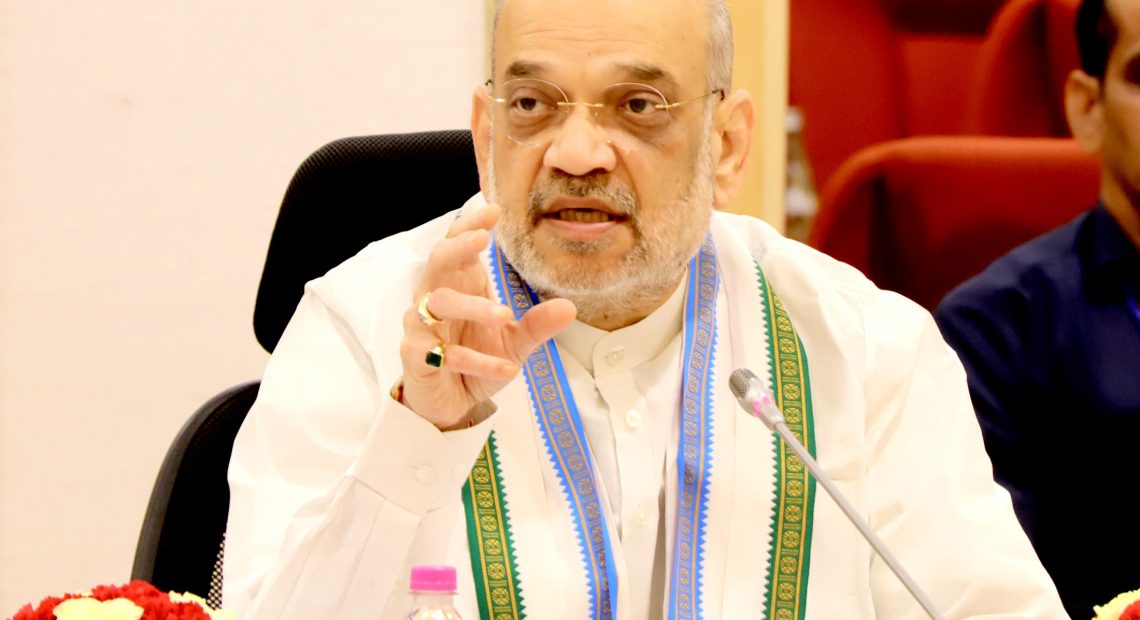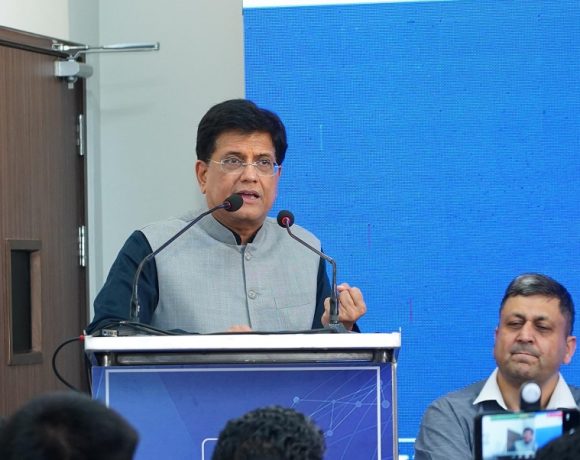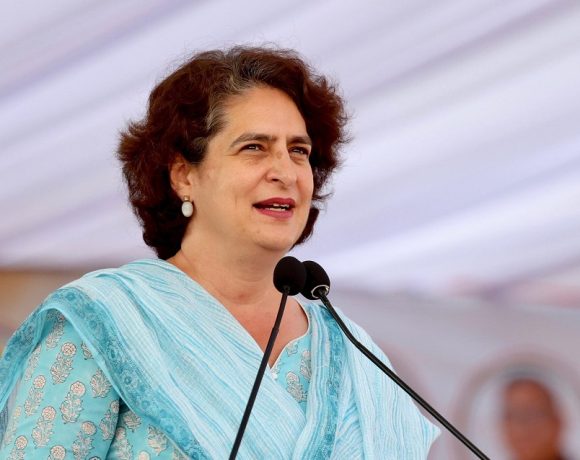
India Bars Foreign-Funded NGOs from Publishing News
The Ministry of Home Affairs (MHA) has introduced a critical amendment to the Foreign Contribution (Regulation) Act (FCRA), 2010, effectively barring non-governmental organizations receiving foreign donations from publishing any form of news content. The move, aimed at restricting foreign influence on domestic narratives, targets NGOs that may otherwise be involved in advocacy through news-based platforms.
As per the revised norms, NGOs involved in publishing or distribution must now acquire a certification from the Registrar of Newspapers for India (RNI) declaring that they do not publish news content. Additionally, they must submit an undertaking from their chief functionary, affirming compliance with the new rule and the overall FCRA framework.
New Compliance Framework for NGOs
The amended FCRA regulations come with a broader set of compliance requirements. NGOs applying for registration, renewal, or prior permission under FCRA must now disclose detailed information about all individuals and organizations they are associated with. This includes the nature of these relationships, financial history, and involvement in previous foreign funding activities.
Along with these disclosures, NGOs must submit financial statements for the past three financial years, which should include receipts and payments accounts, income and expenditure reports, and balance sheets. If these reports lack detailed activity-based expenditure records, they must be supplemented with a chartered accountant-certified document that reconciles the figures and breaks down spending by activity.
Further, NGOs are now mandated to follow the Financial Action Task Force (FATF) guidelines aimed at curbing money laundering and terror financing. One such stipulation is that administrative expenses cannot exceed 20% of the total foreign contributions received.
Civil Society Impact and Government Justification
The government has justified these sweeping changes as necessary for maintaining national security, enhancing financial transparency, and ensuring that foreign-funded bodies remain aligned with their declared social, educational, or charitable objectives.
By explicitly excluding such organizations from participating in news dissemination, the government aims to eliminate what it views as potential backdoor routes for foreign narratives to enter India’s information ecosystem.
However, critics have expressed concern that this policy could suppress legitimate voices of civil society, particularly those engaged in advocacy journalism and awareness-building. They argue that the regulations blur the line between legitimate social work and media-based accountability efforts, potentially curbing free expression and narrowing the civic space.
Nonetheless, the government has signaled no rollback, emphasizing that foreign contributions must be used strictly for their sanctioned purposes, and that public opinion should not be influenced by entities operating on international funding streams.


















